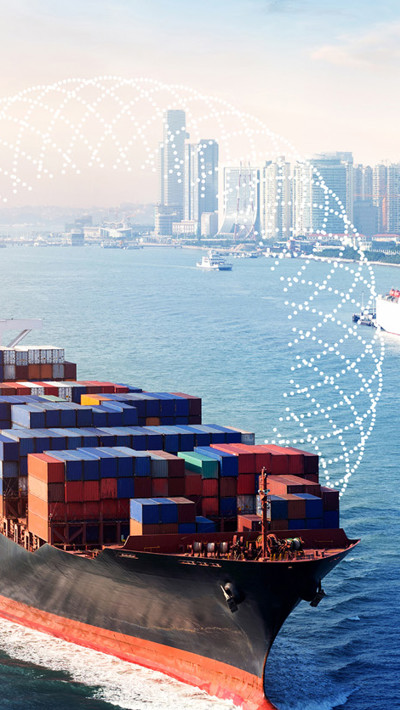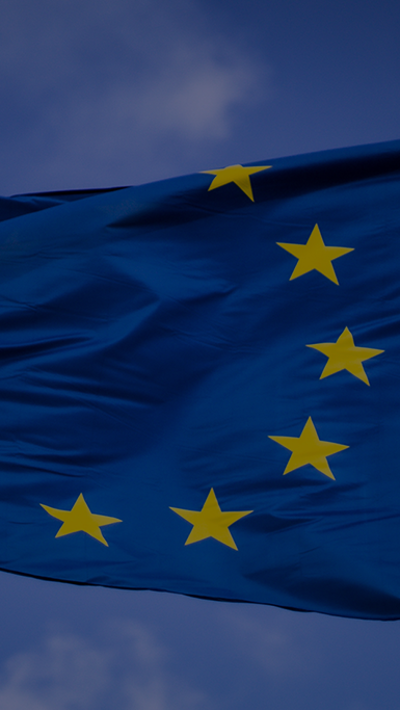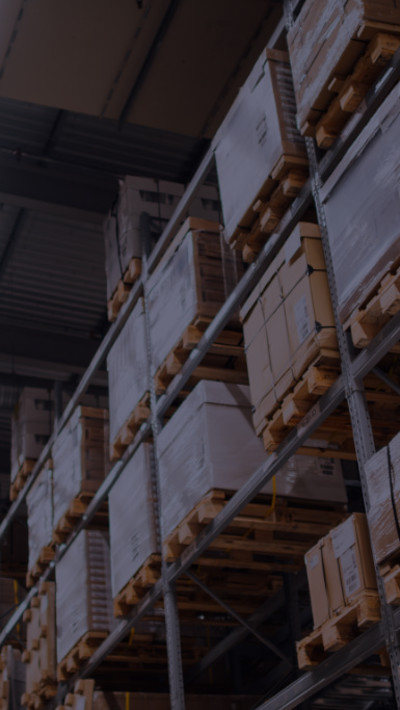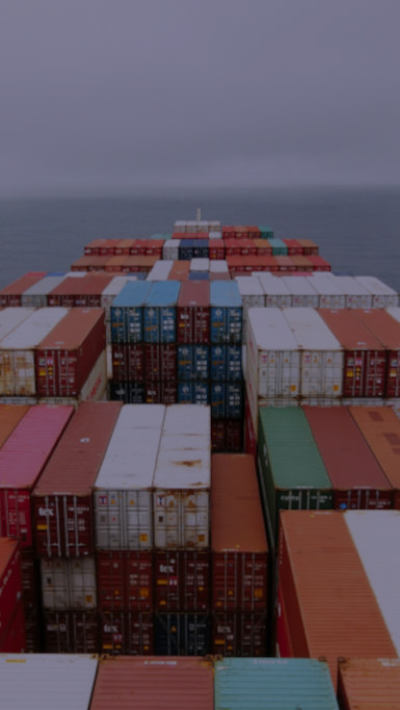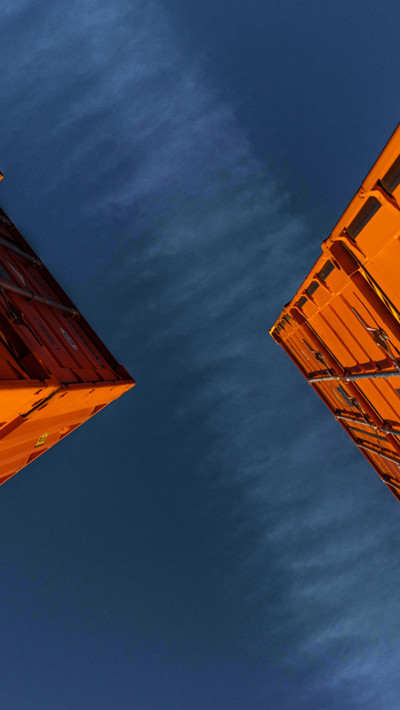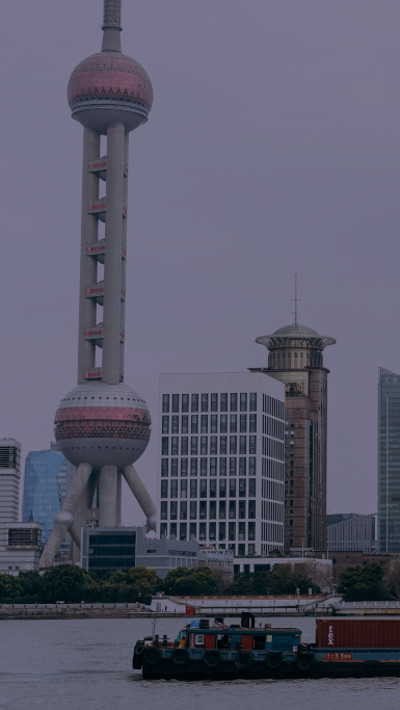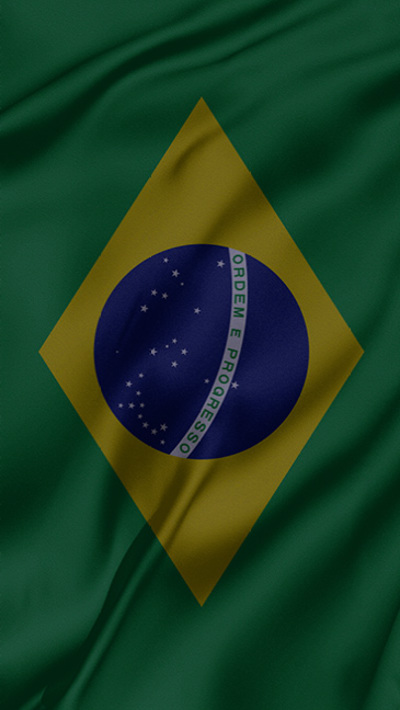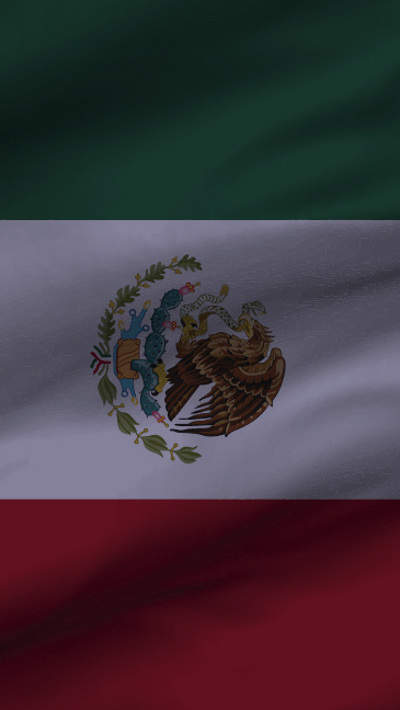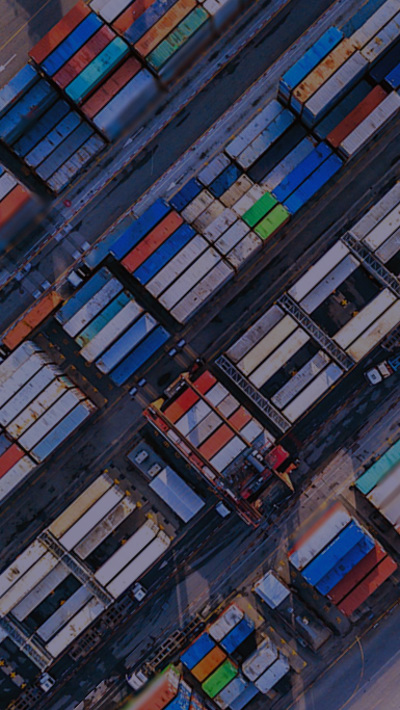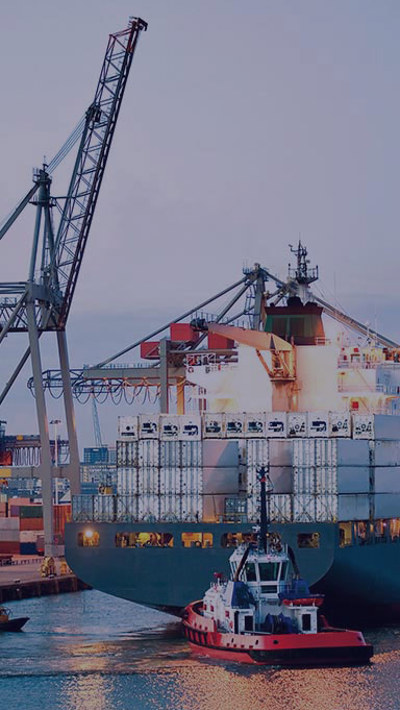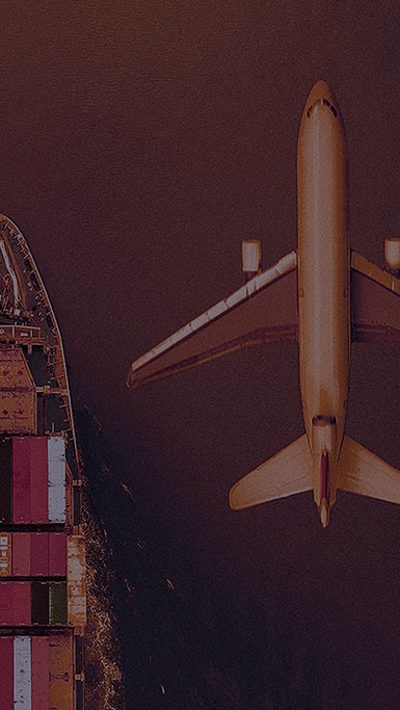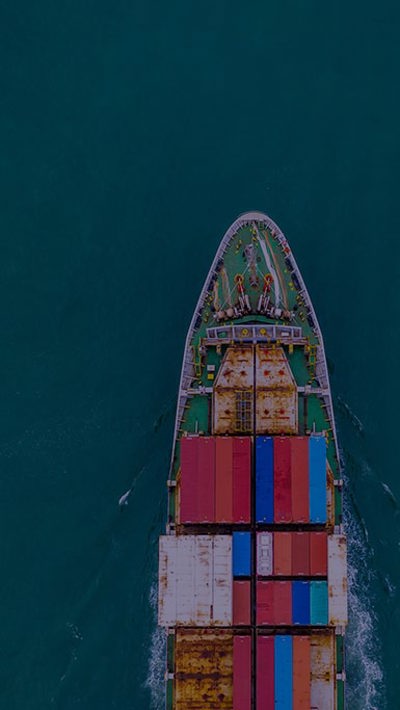Speak to our experts
Contents
New Zealand has made changes that extend the scope of the “catch-all controls” under the Customs and Excise Act 2018. A wide variety of goods could be subject to the controls, depending on the identity of the end user, even those that are not inherently strategic in nature (e.g. helmets for use by the police).
Exporters must comply with New Zealand’s export control regime, which requires them to obtain an export permit if they wish to export any of the following:
- firearms, ammunition, military goods and technologies – as listed in Part 1 of the New Zealand Strategic Goods List (NZSGL)
- any dual-use item, being one that has a civilian use but is, or may be intended for, military end-use or that may have a military application (as listed in Part 2 of the NZSGL), and
- any item not on the NZSGL if it is, or may be, intended for use in relation to weapons of mass destruction; or could be put to a military end-use (“catch-all controls”).
Changes to the catch-all controls
The changes relate to the third item, namely, the catch-all controls. Previously, military end-use controls only applied if items were destined for a country subject to a United Nations arms embargo, while the definition of military end-use was focused on items used for making and testing weapons.
The catch-all controls as they relate to items with a military end-use have been extended in the following ways:
- the controls now apply to all countries and all products (except those considered to be so low-risk that they are exempted), regardless of the existence of a United Nations arms embargo
- military end-use controls now apply to items that “materially enable or support operations or functions of a military or internal security nature” (e.g. the use of commercial vehicles to support logistic operations). The term “military” includes any “armed force, paramilitary force, Police Force, or militia”, and
- exporting items for use in terrorist acts is now banned.
Transition timeframes have been provided for certain controls to meet industry and research sector concerns.
Exemptions
Items consigned for final use in Australia, Canada, Iceland, Japan, Norway, South Korea, Switzerland, the United Kingdom, the United States or a member state of the European Union are exempt.
Animals, foods and beverages, or medical, health and sanitary products are exempt, as are certain parts, components and replacement items.
Obligations on exporters
Exporters have a statutory obligation to inform the Secretary of Foreign Affairs and Trade, through the Export Controls Office, if they are aware, or should reasonably be aware, that an export is intended for or may have any of the listed prohibited uses described above.
Reasonable awareness requires an exporter to take proactive steps to ascertain if the goods are ultimately intended for military or police use where this is not clear in the first instance. As with requirements under New Zealand’s Anti-Money Laundering legislation, exporters should “know” their customer.
Next steps
For further information about catch-all controls, and the reasons for the changes, please see our 2019 Brief Counsel.
If you would like assistance, including to develop “know your customer” procedures, please get in touch with one of our contacts. You can also contact the Export Controls team at the Ministry of Foreign Affairs and Trade.


